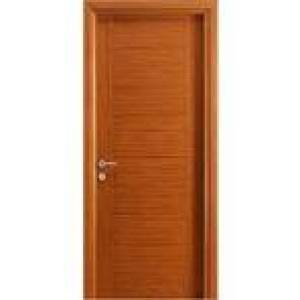
BWR (Boiling Water Resistant) and BWP (Boiling Water Proof) plywood are engineered wood products designed for applications requiring exceptional strength and moisture resistance. These plywoods surpass standard plywood in durability and longevity, making them ideal for a wide range of construction and manufacturing projects. The key difference lies in the degree of water resistance they offer.
BWR Plywood:
BWP Plywood:
Key Features of Both BWR and BWP Plywood:
Choosing Between BWR and BWP:
The choice between BWR and BWP plywood depends primarily on the level of moisture resistance required. If you need the highest level of water protection, BWP is the better option. For interior applications with moderate humidity, BWR plywood offers excellent value and performance. Consult a professional for guidance on the best plywood grade for your specific project.